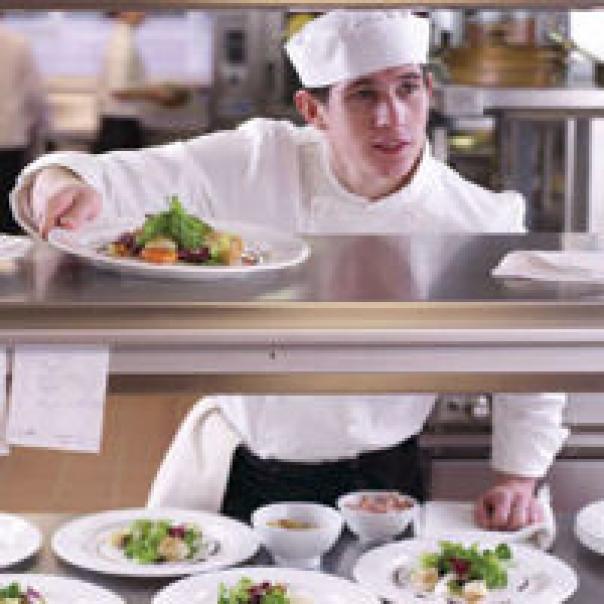
As of April 1st, for employees between 21 and 24-years-old, the National Minimum Wage will rise from £6.95 to £7.05, for 18 and 20-years-old it will increase from £5.55 to £5.60 and for 16 and 17-year-olds, the minimum wage will increase from £4.00 to £4.05.
Apprentices under 19-years-old, or over 19-years-old in the first year of their apprenticeship, will be entitled to £3.50, a ten pence increase, and the National Living Wage, first introduced in April 2016 for over 25s, will rise from £7.20 to £7.50 per hour.
As the industry is dependent on workers earning the National Living Wage and National Minimum Wage, the wage increase is expected to bring about changes for businesses in the hospitality sector.
According to data from the Resolution Foundation, the think tank that aims to improve living standards in Britain, 33% of accommodation and food service workers will directly benefit from the National Living Wage by 2020, higher than any other sector. Close to half - 48% - are to benefit indirectly.
In light of the rise in the minimum and living wages, Martin-Christian Kent, executive director of People 1st, the consultancy firm for the hospitality industry, says large businesses are thinking afresh of how to engage and retain staff.
Kent says: “There are a number of things businesses are doing. One is maximizing staff use, so looking at how they are retaining staff because that’s what their biggest cost is, it’s the cost of churn of staff and despite training them, staff are not staying long enough in posts to really benefit business from that investment.
“The second thing is looking at how staff are working and how they are looking afresh at the whole customer journey. Can you have fewer staff? Could you maximise your staff use? So I think certain business are looking at that as a solution.”
The Resolution Foundation also found, in October 2016, the introduction of the National Living Wage meant 36% of affected firms raised prices, 29% cut profits, 14% used less labour and 8% reduced non-wage benefits.
For example, Dish, the independent events caterer based in London, says it is increasing staff training and decreasing staff ratios to compensate for the expense of increasing wages.
Nick James, Chief executive of Dish, says: “There has been an impact on the working of Dish which has required in depth analysis, thought process and action. We’re scrutinising the staffing at each event and developing a time and motion study to enable more effective use without affecting the quality of service.
“On occasion the increase in wage costs can be passed on to the client. Where this is not possible we’re engaging in more staff training to enable a decrease in staff ratios for dinner service for example, 1:12 down to 1:10.”
Dish’s cost efficiency measure also filters through to the event menu construction, with James saying simplification reduces the labour process and can be done without compromising the product’s quality.
James added: “We’re also working with our venues more to cross utilise staff at events. So, we will use some of our staff to help out on the cloakroom or hostessing at busy times and in return some of their staff will help with service when they are less busy.”